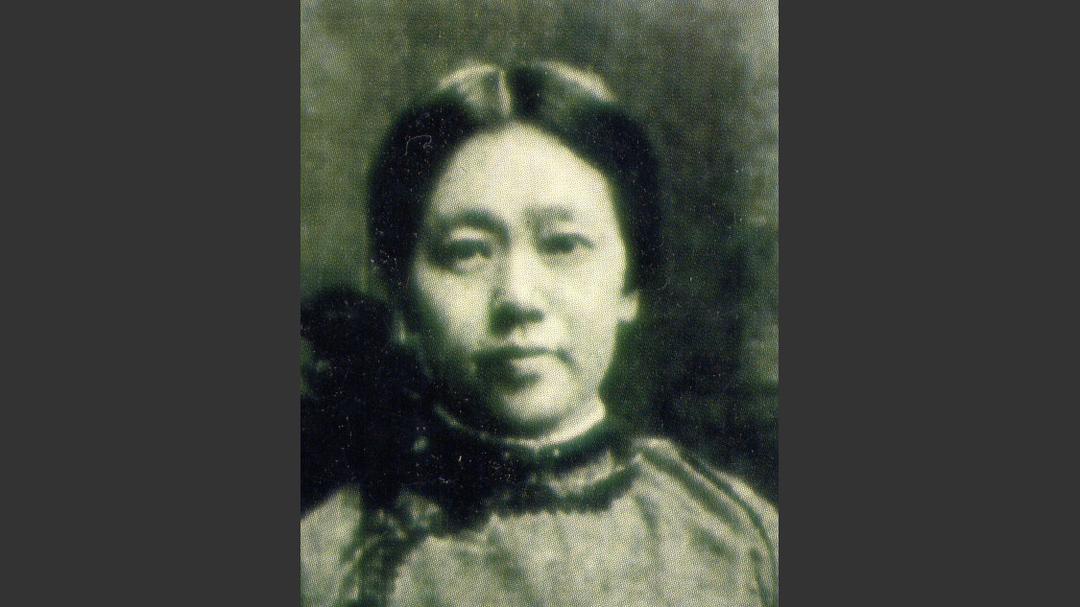

Yu Cidu, known in the West as Dora Yu, was a central figure in the first phase of the phenomenal growth of the Chinese church in the 20th century. That phase began with the 1900 Boxer Uprising, when the blood of 32,000 martyrs eroded the perception that Chinese only became Christians for material advantage. During the next two decades, Christian women like Yu Cidu, Dr. Shi Meiyu (史美玉医生-Mary Stone), and Cai Sujuan (蔡苏娟姊妹-Christiana Tsai), were used by God in mighty ways as China’s 80,000 Protestants increased to 345,000.
Cidu’s father was initially trained as a surgeon, but after the Taiping Rebellion, he studied in Hangzhou to become a pastor. Cidu was born there in 1873. Her father’s kindness was a major influence on her life, and like some who are privileged to be raised in a Christian home, she could not remember a time when she did not love Jesus. Two personality traits give insight into her life and ministry. The first was a kind heart that fostered a deep sympathy for the old, the weak, and the poor. The second trait was a very serious and literal personality. Though sometimes ridiculed for this “simplicity,” she recognized herself as a poor, frail earthen vessel, and she trusted God’s promises about the power available to believers through the filling of the Holy Spirit.
At 15, Cidu left home to study medicine, never to see her parents again. She was one of the first two women to graduate in 1896 from Suzhou Medical College. She then became one of the first cross-cultural Chinese missionaries when she traveled to Korea in 1898 with an American missionary to work as a doctor and evangelist. Cidu wrote in her testimony that this decision was made without “permission from the King,” and though reports described her as an effective worker, she saw this time as “wandering in the wilderness.” Not until she returned to China in obedience to the Spirit in 1903 did Yu again experience the joy of close communion with God.
In 1904, Yu responded to God’s call to serve Him full time by faith. Abandoning her work as a doctor, she relied wholly on Him as she led revival meetings around Shanghai and in major southern coastal cities. In 1909, God burdened her heart with the need for trained female workers to care for the growing number of new and revived believers. Her prayers were answered by donations enabling her to open the Bible Study and Prayer House of Shanghai that same year. In 1910, Yu conducted a summer Bible study conference, and this continued annually until the late 1920s. As her training ministry grew, Yu continued to lead revival meetings: Suzhou in 1911; Ningbo in 1912 and 1913, the latter an outreach to secluded upper class women that established a new way of gospel preaching in China. In Fuzhou in 1920, she first brought the mother of Ni Tuosheng (倪柝声弟兄-Watchman Nee) to the Lord, and when Ni also received Christ, he studied at Yu’s Bible school. In 1923, the Bethlehem Chapel was opened on the same campus, and the dedication was led by missionary revivalist Jonathan Goforth.
Yu’s training ministry strengthened the churches and her revival meetings were used by God to raise up leaders for the next phase of church growth in China. In 1931, as these leaders grew in the power of the Spirit, Yu met her Lord, finally freed from the wracking pain of old ailments and advanced cancer. Her words continue to speak to the church today: “Oh, how we need such revivals all over the Chinese Church…. a vision of our Lord Jesus Christ and His wonderful love, and a vision of the mighty power of the Cross!”